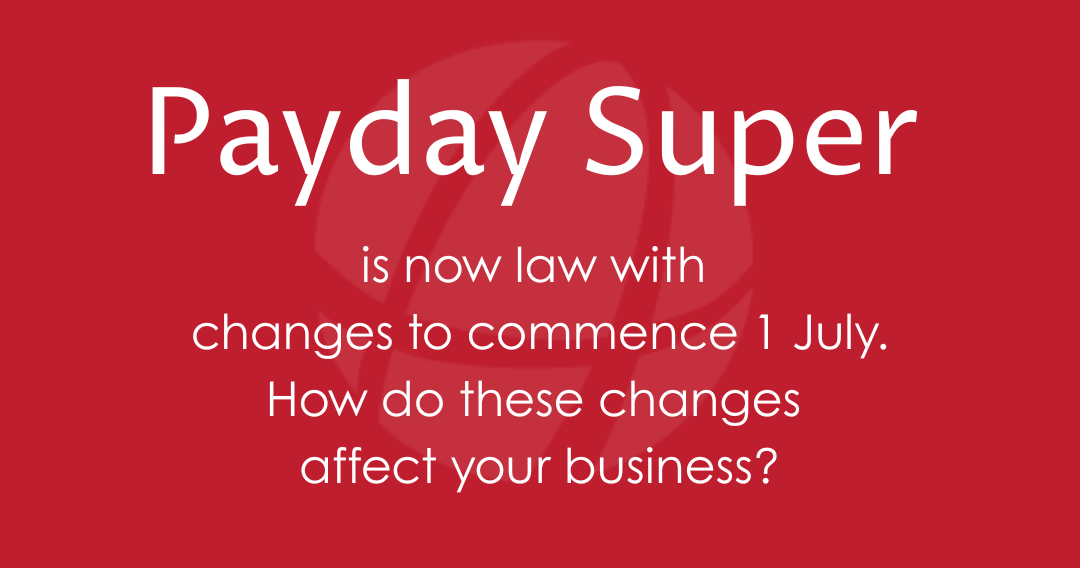Don't Become a Director Until You Read This
Sam Wright
April 23, 2025
The title carries a certain weight, doesn't it? It evokes images of importance, of having "made it", of being in control and steering your own ship.
In private, public, and not-for-profit companies, directors are often placed on a pedestal, embodying prestige, responsibility, and leadership.
The role of a director offers the power and responsibility to make a positive impact and guide a company towards its definition of success.
However, as the well-known adage goes, "with great power comes great responsibility".
In reality, the perceived prestige of being a 'director' in Australia brings significant responsibilities under the Corporations Act and other laws.
The potential risks are substantial; when things go wrong, the spotlight intensifies directly on the director.
Gravity of responsibility
Over 400,000 Australian companies are established annually. It is concerning that the general level of understanding of the risks and responsibilities associated with being a director remains alarmingly low.
The gravity of the responsibilities and associated risks can be underestimated, even by experienced individuals. Participation in programs such as the Australian Institute of Company Directors' course often reveals the full extent of these obligations.
Directors face a dauntingly extensive list of responsibilities and liabilities, irrespective of whether they serve private, public, or not-for-profit entities.
Ignorance of company affairs offers no defense against creditors. The director bears the sole responsibility for consistently fulfilling their duties.
The core message here is this:
never undertake the responsibility of being a company director (regardless of the company's size or type) without a genuine appreciation for what is at stake.
Directors key duties
Under the Corporations Act, company directors in Australia are legally bound by a number of key duties:
- Act with care and diligence: Exercising the level of care and skill a reasonable person would in that position.
- Act in good faith in the company's best interests: Prioritising the company's interests above personal gain or the interests of others.
- Act for a proper purpose: Using powers for the legitimate objectives for which they were granted.
- Avoid improper use of position or information: Not exploiting the role or confidential information for personal advantage or to harm the company.
- Disclose material personal interests: Declaring any personal interests that could conflict with the duties to the company.
- Prevent insolvent trading: Ensuring the company does not incur debts when it is unable to pay them as and when they fall due.
Understand the risks and protect yourself
Insolvent trading is a major risk, especially in economic downturns. Directors who authorise loans or debts for an insolvent company risk personal liability and creditor action.
The Australian Taxation Office (ATO) can issue a Director Penalty Notice (DPN), making directors personally liable for unpaid company tax debts.
Personal asset protection is vital. Where possible, directors should minimise personal ownership of significant assets, potentially becoming a less attractive target for legal action. Your accountant and solicitor are invaluable resources in this process.
Always conduct thorough due diligence, maintain a curious and informed understanding of the company's operations, and seek professional advice when you feel uncertain or uncomfortable.
The future of a company lies in the hands of its directors, yet has the gravity of potential risks been given sufficient thought?
Understand the risks. Protect yourself. Directorship is a serious undertaking.
Are you ready for the real responsibility behind the title?




